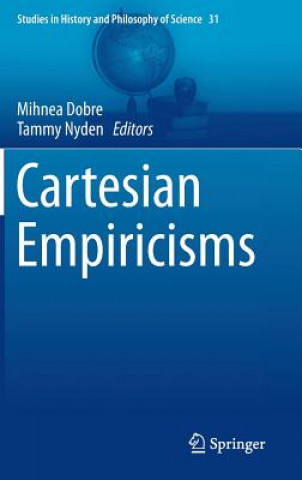
Kód: 02065413
Cartesian Empiricisms
Autor Mihnea Dobre, Tammy Nyden
For many years, the division between Continental Rationalists and British Empiricists has stood at the heart of enquiries into the Scientific Revolution of the seventeenth century. Historians of philosophy and science still use th ... celý popis
- Jazyk:
 Angličtina
Angličtina - Vazba: Pevná
- Počet stran: 326
Nakladatelství: Springer, 2013
- Více informací o knize

3313 Kč

Skladem u dodavatele v malém množství
Odesíláme za 12-15 dnů
Potřebujete více kusů?Máte-li zájem o více kusů, prověřte, prosím, nejprve dostupnost titulu na naši zákaznické podpoře.
Přidat mezi přání
Mohlo by se vám také líbit
-
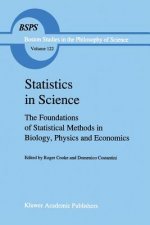
Statistics in Science
1681 Kč -
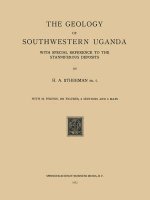
Geology of Southwestern Uganda
1681 Kč -

Devil and Her Love Song, Vol. 4
248 Kč -

Host-Plant Selection by Phytophagous Insects
6578 Kč -

Work and Mental Health in Social Context
3313 Kč -

Electroactive Materials
2866 Kč -

Duhové paláce
254 Kč
Darujte tuto knihu ještě dnes
- Objednejte knihu a zvolte Zaslat jako dárek.
- Obratem obdržíte darovací poukaz na knihu, který můžete ihned předat obdarovanému.
- Knihu zašleme na adresu obdarovaného, o nic se nestaráte.
Více informací o knize Cartesian Empiricisms
Nákupem získáte 331 bodů
 Anotace knihy
Anotace knihy
For many years, the division between Continental Rationalists and British Empiricists has stood at the heart of enquiries into the Scientific Revolution of the seventeenth century. Historians of philosophy and science still use this distinction to portray methodological and pedagogical differences between early modern philosophers. According to this traditional narrative, Descartes belongs to a tradition of doing armchair-philosophy, in which everything springs out of the metaphysical mind of the author, whereas Newton s famous hypotheses non fingo expresses the general methodological claims of the Royal Society, rejecting any speculation prior to the empirical investigation of nature. This clear-cut difference between early modern philosophers has been challenged. Several studies in the past thirty years have examined Descartes own interest in observation and experimentation and recent scholarship has been drawing attention to the mixture of metaphysical and theological views in the work of some of the most important empiricists of the period. Yet, a thorough study of the numerous self-identified Cartesians who incorporate observation, experience, and / or experiments into their methods, doctrines, and pedagogies is still lacking. With this volume, we hope to draw attention to the diversity of pre-Newtonian examples of empirical science by examining these followers of Descartes, thereby filling a gap in the current scholarship. The volume will cover various disciplines (e.g., physics, chemistry, medicine, and psychology), various national contexts (e.g., French, Dutch, German and English) and over twenty-five early modern figures, such as Robert Desgabets, Pierre-Sylvain Régis, Henricus Regius, Jacques Rohault, and Burchard de Volder (see appendix for full list). The collection will include work of junior and well-established scholars from the international community. All articles submitted to this volume will represent new and original work by experts in Cartesian philosophy. The book begins with an introduction, coauthored by the editors, indicating how the subsequent chapters contribute to the more recent challenges to the traditional narrative of early modern natural philosophy, specifically, the Cartesians discussed in the volume fail to fit neatly into the rationalist - empiricist bifurcation and provide historical evidence against the Kuhnian notion of incommensurability between two competing paradigms. The contributed chapters will be divided into two sections, covering some of the most important issues related to the reception of Cartesian philosophy. The first section will uncover the general problems caused by Descartes philosophy within various national contexts. It will focus on the role Cartesians gave to observation and experiment in their attempt to solve intricate issues associated with Descartes system. The second section provides a number of case studies of individual Cartesian empiricists and their work. While various publications have drawn attention to the difficult relation between metaphysics and physics in Descartes own philosophy, a good account of what happens with Cartesian philosophy in the late seventeenth century and the beginning of the eighteenth is still missing. For instance, one of the most influential books of the period is Jacques Rohault s treatise on physics, which spreads a Cartesian-oriented physics in England, long after the publication of Newton s Principia. Burchard de Volder, a Cartesian professor from Leiden University, is the first to introduce experiment into university physics classrooms. Philosophers connected to the Parisian circle formed around Clerselier such as Desgabets discuss the consequences of the Cartesian system, promoting at times an empirical methodology, as in the case of Desgabets work on blood transfusion. Such episodes escape the existing scholarship on Descartes reception, which focuses on topics such as the afterlife of Descartes metaphysical views or deba
 Parametry knihy
Parametry knihy
Zařazení knihy Knihy v angličtině Mathematics & science Science: general issues History of science
3313 Kč
- Plný název: Cartesian Empiricisms
- Autor: Mihnea Dobre, Tammy Nyden
- Jazyk:
 Angličtina
Angličtina - Vazba: Pevná
- Počet stran: 326
- EAN: 9789400776890
- ISBN: 9400776896
- ID: 02065413
- Nakladatelství: Springer
- Hmotnost: 646 g
- Rozměry: 243 × 172 × 26 mm
- Datum vydání: 13. December 2013
Oblíbené z jiného soudku
-

On The Shoulders Of Giants
599 Kč -
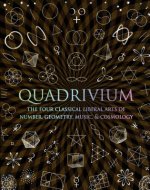
Quadrivium
534 Kč -
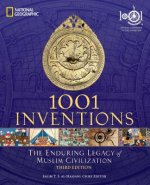
1001 Inventions
647 Kč -

To Explain the World
306 Kč -
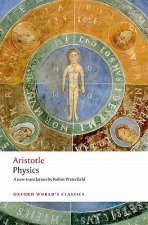
Physics
276 Kč -
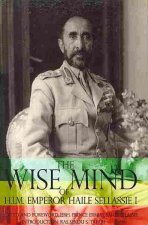
Wise Mind of Emperor Haile Sellassie I
269 Kč -
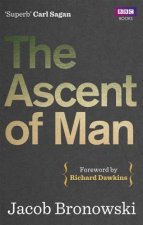
Ascent Of Man
509 Kč -
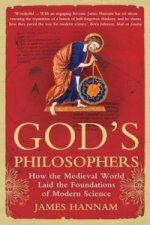
God's Philosophers
303 Kč -
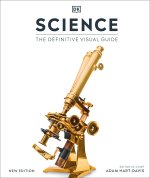
Science
928 Kč -
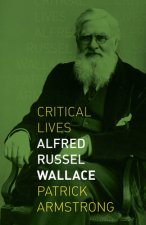
Alfred Russel Wallace
471 Kč -

Global Climates
1671 Kč -
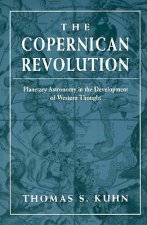
Copernican Revolution
997 Kč -
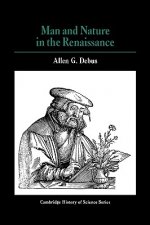
Man and Nature in the Renaissance
620 Kč -

Poison
601 Kč -
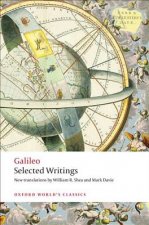
Selected Writings
303 Kč -
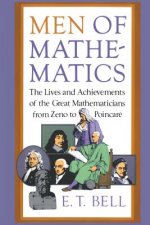
Men of Mathematics
466 Kč -
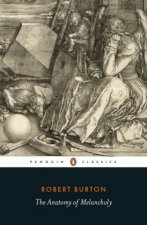
Anatomy of Melancholy
677 Kč -

de Re Metallica
714 Kč -
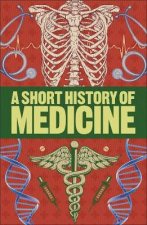
Short History of Medicine
345 Kč -

On Growth and Form
456 Kč -

Atomic Awakening
629 Kč -

Phenomenon of Man
360 Kč -
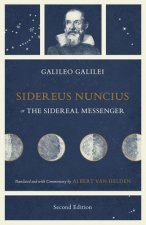
Sidereus Nuncius, or The Sidereal Messenger
621 Kč -
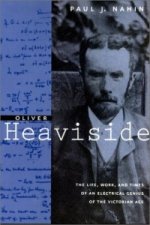
Oliver Heaviside
1186 Kč -
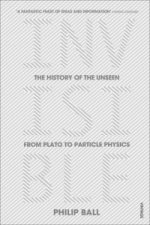
Invisible
358 Kč -
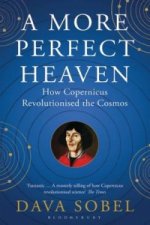
More Perfect Heaven
303 Kč -
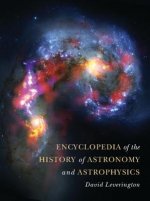
Encyclopedia of the History of Astronomy and Astrophysics
1950 Kč -
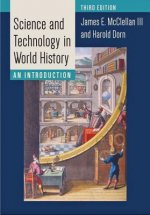
Science and Technology in World History
2038 Kč -
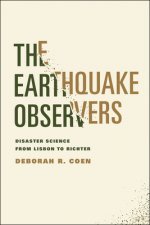
Earthquake Observers
1025 Kč -
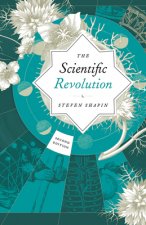
Scientific Revolution
569 Kč -

Calendar
331 Kč -

Quantum
358 Kč -
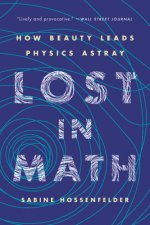
Lost in Math
399 Kč -

Disappearing Spoon...and other true tales from the Periodic Table
307 Kč -

Orgone Accumulator Handbook
728 Kč -

Leonardo da Vinci's Codex Leicester: A New Edition
787 Kč -

Oxford Book of Modern Science Writing
357 Kč -

Isaac Newton
304 Kč -
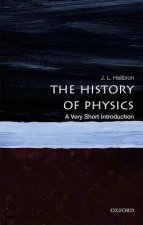
History of Physics: A Very Short Introduction
249 Kč -

What the F
419 Kč -
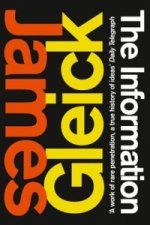
Information
410 Kč -
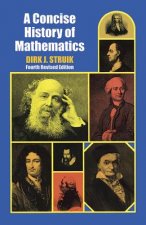
Concise History of Mathematics
397 Kč -
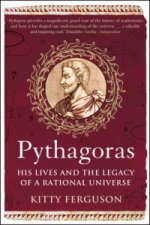
Pythagoras
373 Kč -
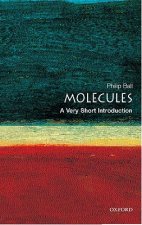
Molecules: A Very Short Introduction
269 Kč -
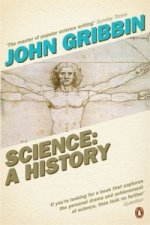
Science: A History
464 Kč -
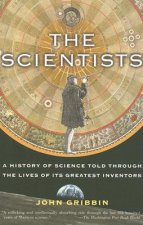
The Scientists
434 Kč -

Salyut - The First Space Station
1036 Kč -
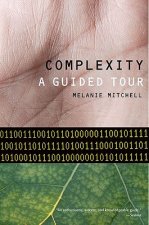
Complexity
872 Kč -
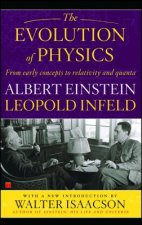
Evolution of Physics
450 Kč
Osobní odběr Praha, Brno a 12903 dalších
Copyright ©2008-24 nejlevnejsi-knihy.cz Všechna práva vyhrazenaSoukromíCookies


 Vrácení do měsíce
Vrácení do měsíce 571 999 099 (8-15.30h)
571 999 099 (8-15.30h)